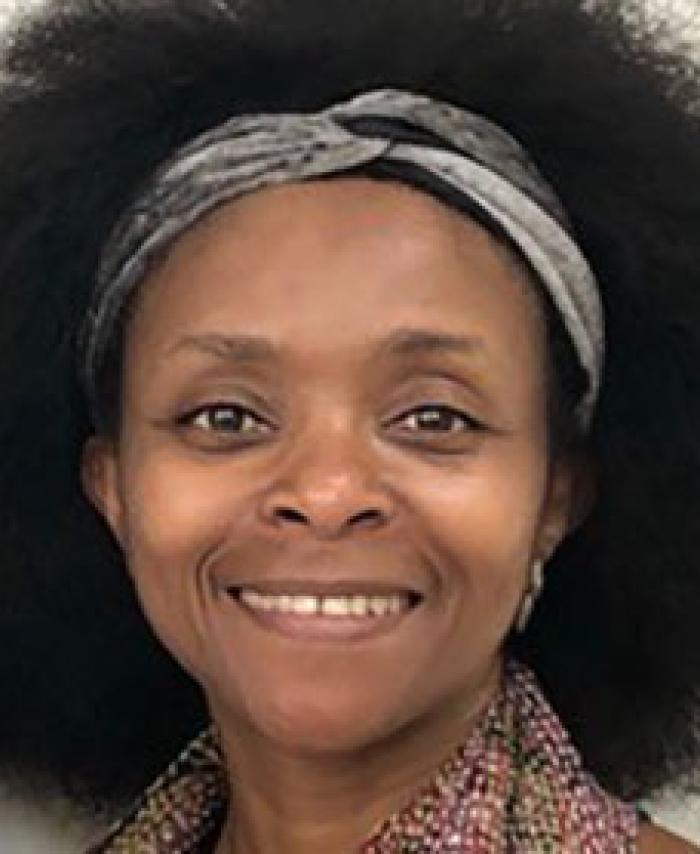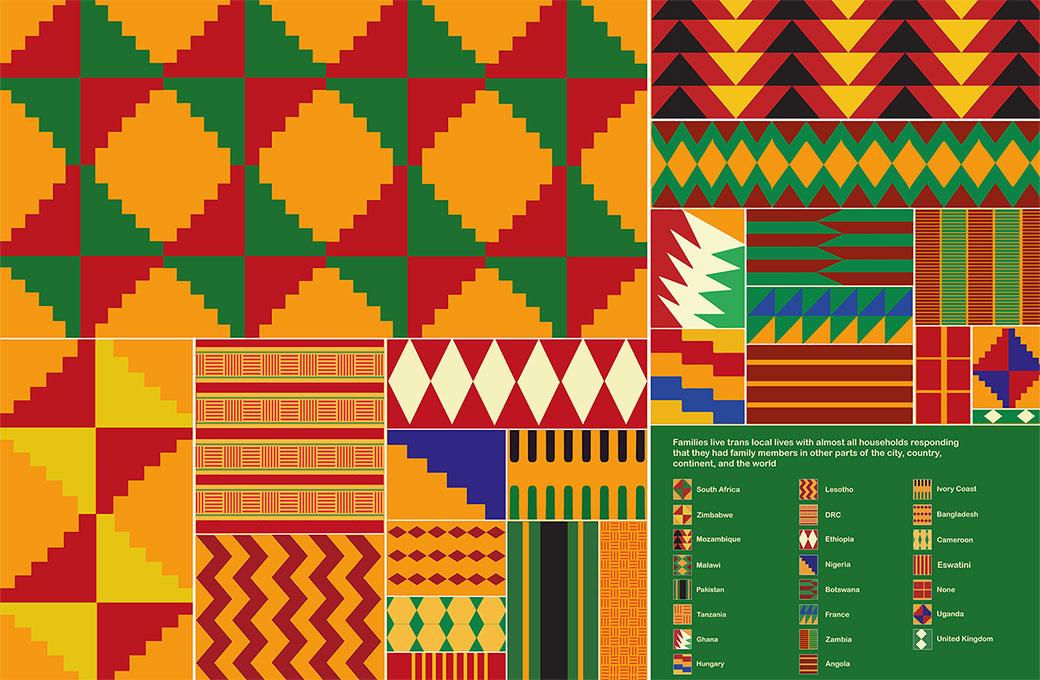
Research interests
Urbanisation, informality, migration, governance, global south
Caroline Wanjiku Kihato
Dr Caroline Wanjiku Kihato is a Visiting Fellow at ODID and a Research Associate at the African Centre for Migration in Society at Wits University. She is also the founder and director of Frame45, a social enterprise that uses storytelling and organisational ecosystem strategy to bridge the gap between research and social justice. Her career has involved both teaching and conducting research in the academy and the non-profit sector in Southern and Eastern Africa.
Her research and teaching interests focus on how marginalised populations access urban markets, and the ways planning and policy regimes support or frustrate these efforts. She explores how these processes intersect with gender, migration and informality, and has a keen interest in developing more inclusive productive spaces for the urban poor in the global south.
In 2011, she received a MacArthur grant on Migration and Development and spent a year as a Visiting Fellow at the Institute for the Study of International Migration (ISIM), Georgetown University, Washington DC. In 2018 and 2019, she was Director of the Urban Policy Program at Women in the Informal Economy: Globalising and Organising (WIEGO). Between 2006 and 2013 she worked for Urban LandMark as its southern African program coordinator. Before that she was a Policy Analyst at the Development Bank of Southern Africa and a Senior Lecturer in the School of Architecture and Planning at the University of the Witwatersrand. She worked for six years as a Policy Analyst at the Centre for Policy Studies.
She has published widely on academic and popular platforms. She is the author of Migrant Women of Johannesburg: Life in an in-between City (Palgrave Macmillan & Wits University Press) and co-editor of Urban Diversity: Space, Culture and Inclusive Pluralism in Cities Worldwide (Johns Hopkins). Her collaborative installation, You Will Find Your People Here, is featured at the Venice Biennale that runs from 20 May to 26 November 2023.
-
Journal articles and special issues( ) Now you see them, now you don’t: performance and the politics of localizing (forced) migration governance in the Horn of Africa’s secondary cities . Environment & Urbanization 36 (2) 300-317

